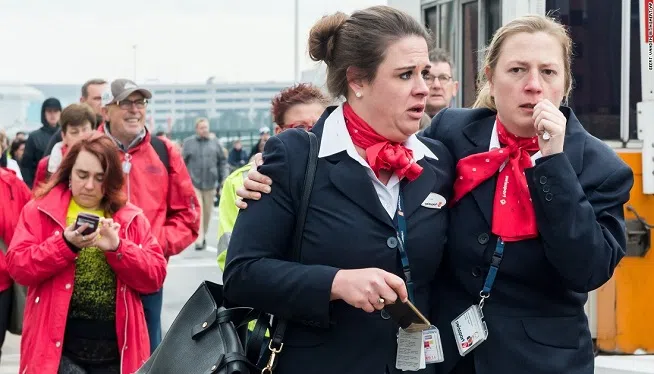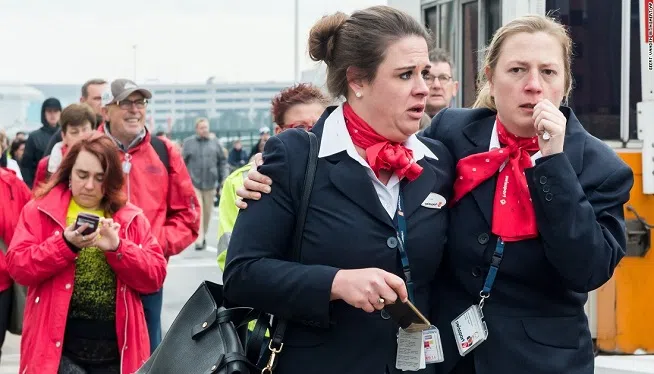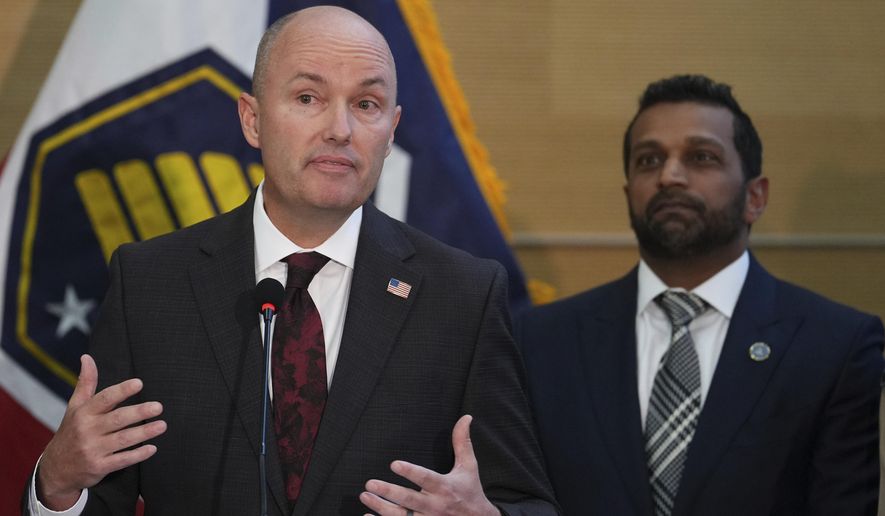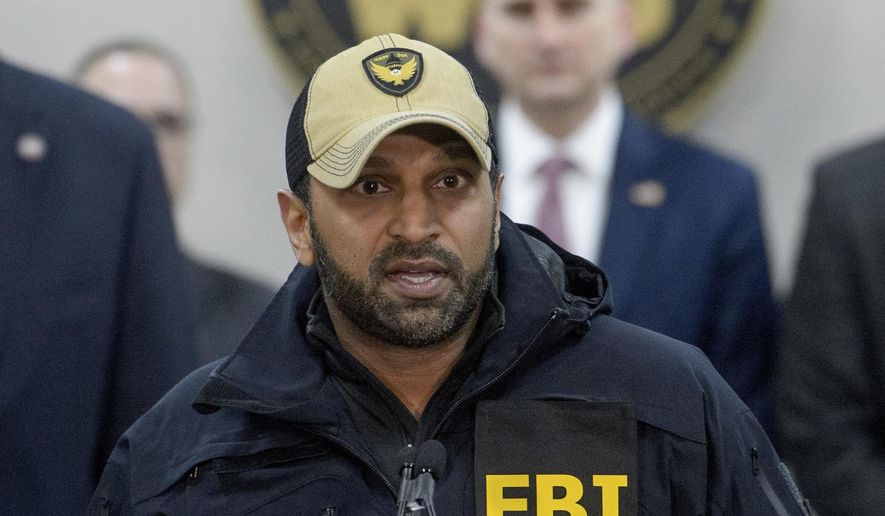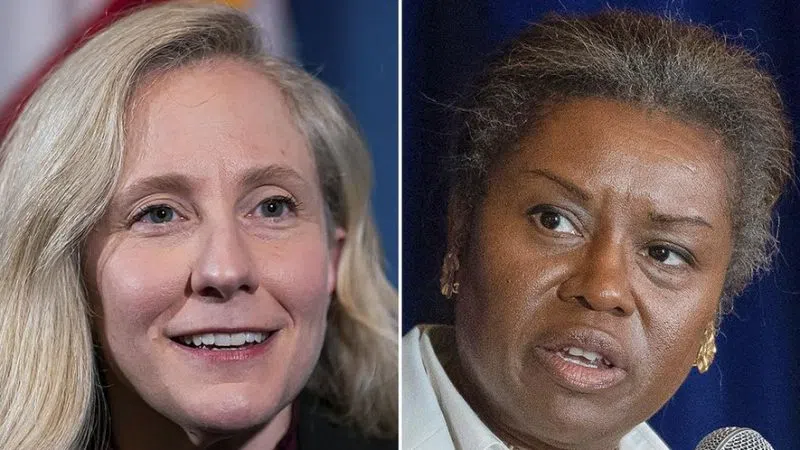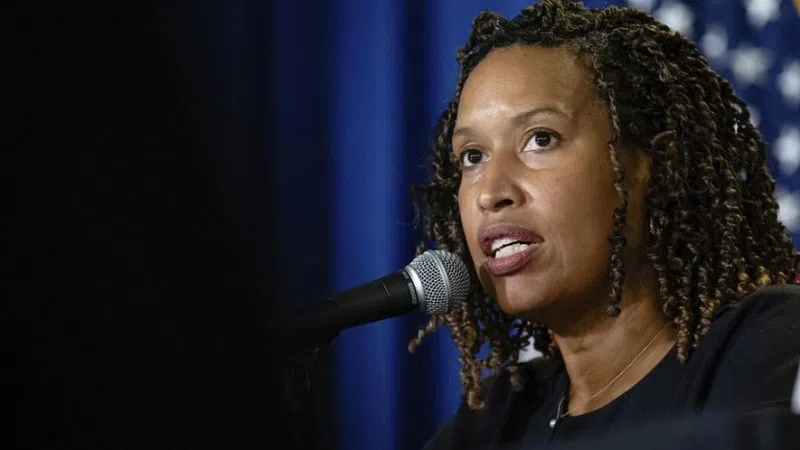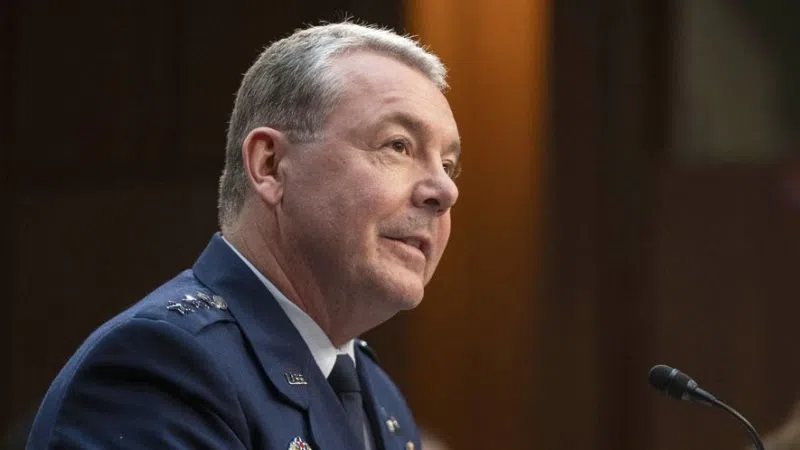Three explosions that ripped through the Belgian capital of Brussels on Tuesday killed at least 34 people and wounded about 170 more, according to Belgian media, and raised the reality of terror once again in the heart of Europe.
“We were fearing terrorist attacks, and that has now happened,” Belgian Prime Minister Charles Michel told reporters.
Belgian federal Prosecutor Frederic Van Leeuw said late Tuesday morning that it was too soon to know exactly how many people died in the bombings. Yet Belgian state broadcaster RTBF, citing emergency services, reported 20 dead at the Maalbeek metro station and 14 more killed at Brussels’ international airport.
After the blasts — which came days after the capture of Europe’s most wanted man, Salah Abdeslam, in a bloody police raid — Belgian authorities again hit the streets looking for those tied to Tuesday’s carnage and who might launch more attacks.
Citing judicial sources, RTBF reported that raids were underway midday Tuesday around Brussels, targeting people linked to the attacks.
At least one of the two airport explosions was a suicide bombing, Van Leeuw said. A blast happened there outside the security checkpoints for ticketed passengers and near the airline check-in counters, an airline official briefed on the situation said.
The subway station blast happened in the Brussels district of Maalbeek, near the European quarter, where much of the European Union is based.
Richard Medic, who arrived at the station shortly after that explosion, wasn’t surprised by the carnage after all that Europe has gone through recently, including the November’s massacre in Paris that ISIS claimed responsibility for.
“I think, after the Paris attacks, we were assuming like this would happen,” the Brussels resident told CNN. “And it was a matter of time.”
Yet Jef Versele, who was in the airport’s departure hall when the blasts occurred, said that he thinks Belgians should not hole themselves up and instead should continue to travel “to prove that we’re not afraid of those who have done (the attacks).”
That doesn’t mean being in the middle of it all, though, isn’t frightening.
“You cannot believe it; you cannot believe it,” Versele told CNN. “It was so insane. Not in my backyard.”
Europe, U.S. on alert as well
Belgian authorities bolstered security after Tuesday’s attacks, including shutting down all Brussels metro stations and evacuating the city’s airport.
This comes as the terror threat level in Belgium went up four — its highest. That step-up means that army soldiers can be sent onto the streets to meet security needs.
In addition to the airport, Belgium’s Royal Palace was evacuated after the attacks. And broadcaster RTBF reported the National Pensions Office in Brussels had also been cleared after two suspicious packages were found inside.
The ramifications were felt outside the Belgian capital as well.
As far away as the United States, authorities in places like New York, Washington, Chicago and Los Angeles took special precautions like increased K9 sweeps of subways and additional police patrols. This was especially true around airports, subway stops and train stations, with scenes like those in the U.S. capital — where police pulled out and checked travelers at random — not uncommon.
Similar, if not more intense measures were enacted around Europe.
Eurostar, a high-speed railway that goes to England and France, noted a number of schedule and other changes, including canceling service between London and Brussels.
NATO, the military alliance that is headquartered in Brussels, increased its own alert level and expressed solidarity with Belgium.
“This is a cowardly attack, an attack on our values and on our open societies,” NATO Secretary General Jens Stoltenberg said in a statement. “Terrorism will not defeat democracy and take away our freedoms.”
British police have increased their presence at certain locations, including transport hubs like London’s Heathrow and Gatwick airports, according to Scotland Yard.
And France deployed 1,600 more police around the country, according to French Interior Minister Bernard Cazeneuve.
“I express my entire solidarity with the Belgian people,” French President Francois Hollande tweeted. “Through the Brussels attacks, the whole of Europe has been hit.”
That sentiment was echoed by Belgium’s Michel during what he called “a dark time for our country.”
“More than ever, I call on everybody to show calm, but also solidarity,” the Prime Minister said. “We are facing a difficult, challenging time. And we should face up to this challenge by being united.”
Airport witness: Windows broken, ceiling parts down
The darkness set in not long after the sun rose in Brussels. Anthony Barrett said he heard something about 8 a.m. local time from his hotel across from the terminal building.
“When I opened the curtains and looked out, I could see people fleeing,” he told CNN.
Barrett saw stretcher after stretcher carrying people out of the airport, with luggage trollies also used to transport the wounded.
In the airport’s departure hall, Versele noticed “people … shouting and running around” after the first blast, then even more pandemonium after the second explosion, which was, “in my eyes, much more powerful.”
That blast blew out windows, created a lot of smoke and caused parts of the ceiling to fall, he added.
“People were on the floor,” Versele said, estimating he saw 50 to 60 people on the floor seemingly unable to walk. “… It was quite a mess.”
Traveler Jeffrey Edison had cleared security and was out by the gate, several hundred yards from the departure lounge, where the explosions occurred. He told CNN he didn’t hear the blasts but “suddenly saw” 200 to 300 people rushing toward him from the security checkpoint.
He says it took authorities around 25 minutes to tell the passengers what had happened, before evacuating the area and leading the passengers to the runways.
Soccer star: ‘I wish for Brussels to act with dignity’
About an hour later, during the tail end of Brussels’ rush hour, another blast went off at the Maalbeek metro station.
Sander Verniers was heading toward there when this explosion occurred, producing “strong winds going (through his train) and some noises that shouldn’t be there.” Belgian troops met the passengers as they got off the train and walked along the tracks.
“We all had to get out,” Verniers told CNN. “There was a lot of smoke.”
The Belgian crisis center tweeted that all public transportation in the city has been closed.
“Stay where you are,” it said.
Kristalina Georgieva, the vice president of the European Commission, said that all the organization’s institutions are at “alert level orange” and that all meetings on its premises and outside have been canceled.
She advised people to stay at home or indoors.
“I am shocked and concerned by the events in Brussels,” British Prime Minister David Cameron tweeted. “We will do everything we can to help.”
Abdeslam, who authorities say was involved in the Paris terror attacks last year, was arrested in the Brussels suburb of Molenbeek on Friday.
Belgium’s Prime Minister deflected a question about whether there’s any link between Tuesday’s bloodshed and Abdeslam’s capture, saying it is too early to tell.
He said Tuesday that he had “no information” about who was responsible for the attack, adding that authorities will find that out, but right now their focus is on caring for the victims.
Belgian national soccer team captain Vincent Kompany tweeted that he was “horrified and revolted (that) innocent people (are) paying the price again,” but he urged people not to encourage those wishing to lash out.
“We must reject hate and its preachers,” Kompany said. “… I wish for Brussels to act with dignity.”
The-CNN-Wire ™ & © 2016 Cable News Network, Inc., a Time Warner Company. All rights reserved.
